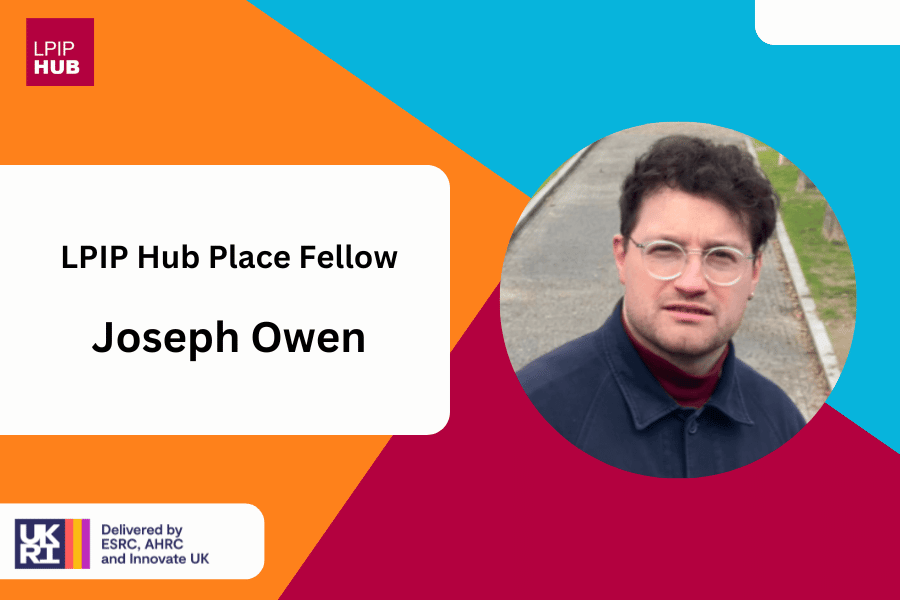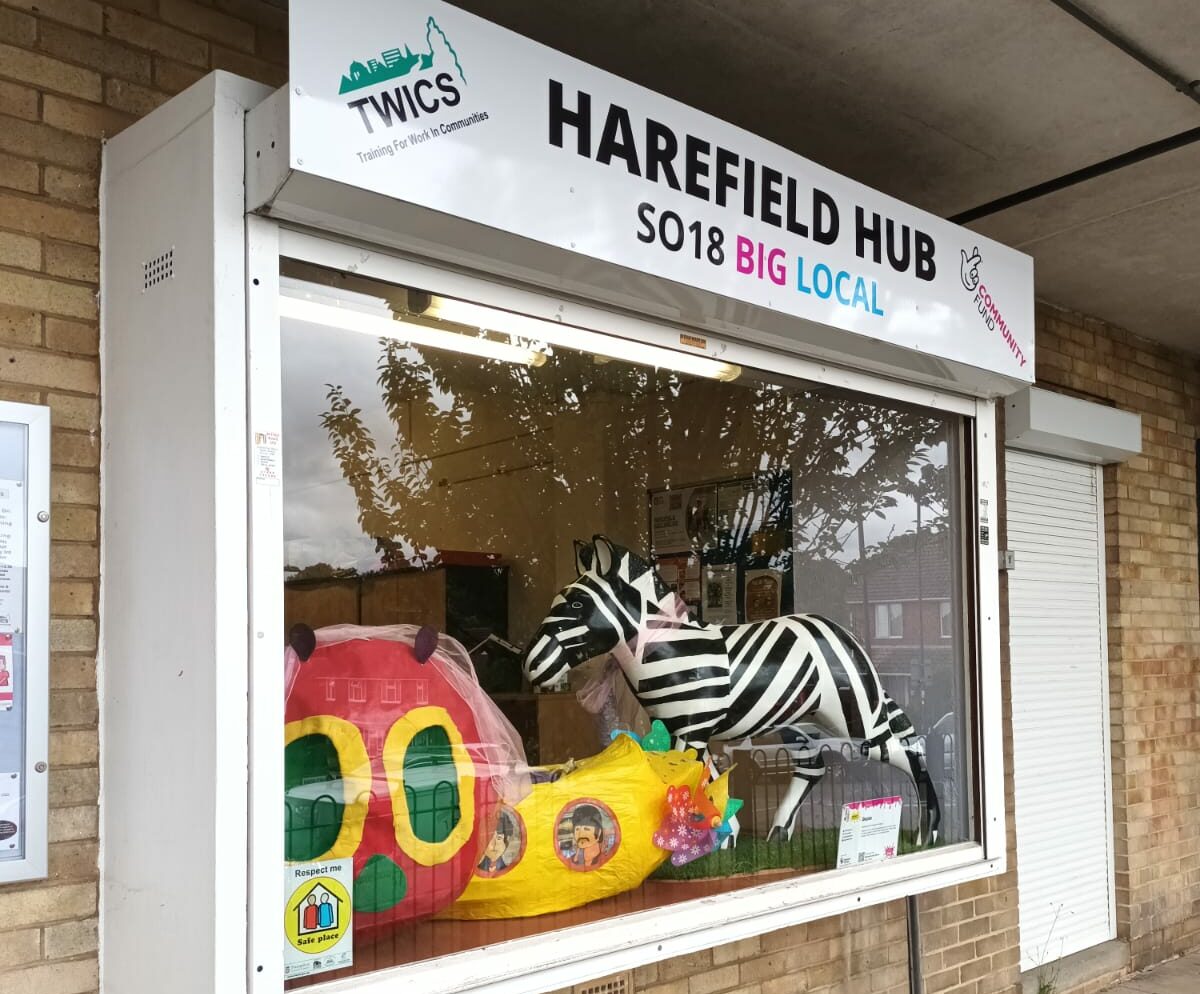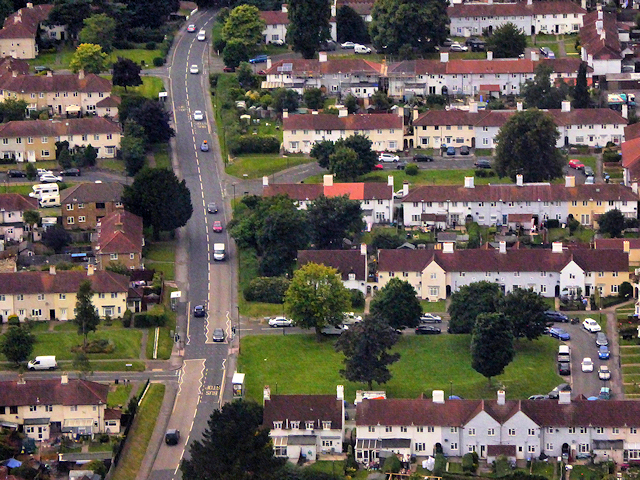Joseph Owen, Research Fellow from the University of Southampton, introduces the work he has planned during his place fellowship for the Local Policy Innovation Partnership Hub. View other introductory blogs from the Place Fellows.
I’m a literary scholar by training and temperament, but I find myself undertaking place-based research on towns, cultural recovery, felt experience, qualitative data, housing, heritage, and creative approaches to policy.
I’ve been a lead researcher on the AHRC-funded And Towns projects, and I’m a specialist policy fellow for the Southampton Institute for Arts and Humanities. I’m co-director of the Centre for Modern and Contemporary Writing and the co-founder and coordinator of the Culture and Creativity Policy Network.
My research interests span several LPIP sub-themes: Communities in their places, Felt experiences, Data for place, and Cultural recovery. I’ll undertake four activities that address these themes during the fellowship.
Data digging
I’ve been progressively drawn to understanding the intersections of neighbourhood data, felt experience, and the conceptual possibilities of the qualitative observatory. Responding to Data and Transparency for Combined Authorities, I want to navigate the opportunities and challenges posed by qualitative data, drawing on the Neighbouring Data project and insights acquired from trialling the Neighbourhood Insight Engine.
I’ll develop a research paper arguing that, in the context of devolution, aggregated qualitative data has the potential to capture regional, local, and hyper-local distinctions in people’s lived and felt experience of place. This work will inform my participation in the Futures Forum to re-examine barriers to data sharing outlined in the report, drawing on insights from Creating Data Publics for Governance research.
Housing and the humanities
For some time, I’ve been keen to unite several research strands on housing from the Feeling Towns work and the Mansbridge Heritage Project. What’s often missing from policy debates are the histories and sociologies of housing: why do residents reject proposals for new developments? Responding to A Long-Term Strategy for Housing, and in the context of the UK Government’s delivery of New Towns, I’ll host a podcast with Nicky Marsh and Jo Sofaer on the value of arts and humanities approaches for thinking about the social and cultural consequences of housebuilding.
For the LPIP Placecast, we’ll interrogate narratives of housing across film and literature, as well as consider the deployment of creative methods to understand residents’ felt relationship to place. Our focus will shift towards the case study of Mansbridge, a suburb of Southampton designed 100 years ago by the architect Herbert Collins and known for its distinctive green spaces. We’re interested in supporting community development officers and housing associations to understand how pride and heritage influence people’s relationship to the places where they live, work, and volunteer.
Culture and creativity
A key function of the Culture and Creativity Policy Network has been to amplify creative policymaking and cultural policy research expertise at the University of Southampton. Using this established infrastructure, I’ll host a series of dialogue sessions with invited experts that are designed to challenge assumptions about cultural recovery, social infrastructure, and placemaking in UK policy.
I’ll pitch this three-part series of webinars so that it responds to the LPIP Cultural Recovery Evidence Review and the wider field of cultural policy research. Speakers will include partners from the visual arts sector, and it will support my next project, which proposes a new model for visual arts participation, in partnership with the Local Government Association. This work includes co-designing open-access policy toolkits with cultural stakeholders to support inclusive arts infrastructure across local government. The work extends nationally via collaborations with Plus Tate, CVAN, DACS, and a-n. The project uses data tools, creative methods, and community engagement to inform decision-making.
Valuing vibes
The University of Southampton has pioneered the development of social value frameworks that researchers can use to evaluate the impact of their research. This work seeks to sustain research partnerships that can facilitate externally funded research projects, launch enterprise activities and contracts, provide access to data and decision-making, and produce new research methods, data, and assets. The next iteration of the social value framework will allow researchers to recognise, maximise, and appropriately capture the benefits of socially-engaged knowledge exchange. It can be used independently and with quantitative metrics.
I’ll apply tools and criteria from this framework to several case studies, particularly projects that have delivered interventions in place. I’m particularly drawn to using these methods to evaluate recent public art projects. This work will provide valuable best practice examples for researchers who want to measure the effects of their knowledge exchange and enterprise activities.
Final thoughts
I’m eager to draw on the disciplinary assumptions and methodologies of the arts and humanities across these activities. I have written about the effects of television when influencing policy, the role of poetry in generating felt evidence, and the use of qualitative data for articulating lived experience.
I’m also continuing to seek collaborations for my research on pride, which featured as a case study in a recent UPEN publication and is undergoing renewed interest since the announcement of the UK Government’s Pride in Place Programme. As well as the policy implications of place-based research, I’m remaining alert to the current drift of contemporary politics. What better guide than Kafka?



